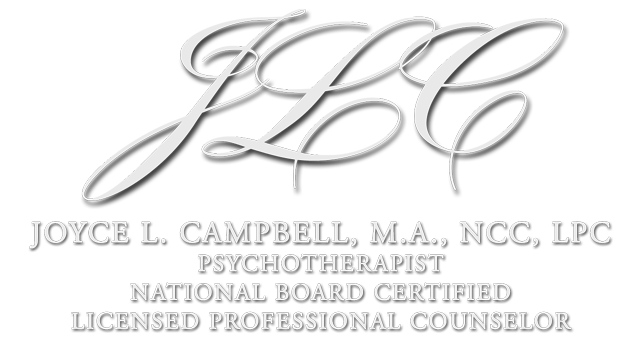Stress and Anxiety
If stress and anxiety are extreme, they will hamper our daily functioning ability. Indeed, according to the National Institute of Mental Health, anxiety disorders beset approximately 40 million adults a year. The most common mental health disorder in the US, anxiety can be classified as generalized anxiety disorder, panic disorder, phobias, social anxiety, obsessive-compulsive disorder, and/or post-traumatic stress disorder. Eliminating known triggers of chronic anxiety is crucial. Thoughts, people, situations, and behaviors that send you into a panic attack are triggers to be observed and worked through. In addition, the feeling of powerlessness or loss of control can produce chronic anxiety. To prevent this from activating a panic attack, you must realize that it is impossible to change or put in order all of the dynamics around you. Seeking professional help early can avoid the development of one of the above-listed disorders. If needed, anti-anxiety medication may be prescribed to complement therapy.
There is the case of an acquaintance of mine, John, who illustrates well the far negative end of the chronic anxiety spectrum. From the Latin anxius meaning solicitous (concerned), uneasy, troubled in mind, and also from the Latin angere, “to choke, squeeze,” figuratively “to torment, cause distress,” the word anxious is derived. John was so anxious at times that he could barely speak due to the painful constriction he felt in his throat when attention was on him. If he felt a severe anxiety attack coming on in his office, he attempted to escape the notice of this issue by running to the restroom or looking extremely absorbed in a task. Self-loathing due to the humiliation and embarrassment experienced often caused him to choose isolation rather than risk these negative emotions in a social setting. The isolation provided no one to bounce his thoughts off of and be corrected. Distorted thinking was then experienced, sending him into a downward spiral toward depression. Unknowingly, suffering from chronic anxiety brought on by chronic subjugation to his problem, John was confused. He was constantly questioning, “What is wrong with me? I’m so inferior to other people.” Until John seeks professional help – which he is resisting – his quality of life will only deteriorate. Yes, it is possible to chronically subjugate to a problem or tragedy by simply giving into the issue and allowing it to control your life. You will fail to become who you were meant to be if you remain stuck obsessing on a problem or tragedy. Allow grieving the issue and choosing positive action to break the gridlock.
1 Online Etymology Dictionary, www.etymonline.com/word/anxious
